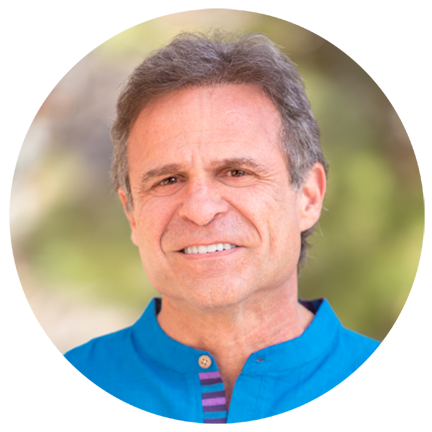Self-medicating depression with opioids. Life is not without its challenges. Sometimes the struggles, pain, suffering and heartbreak it involves can feel like too much to bear. If this sounds familiar to you, maybe you’ve tried taking an opioid like OxyContin or codeine to take the edge off. And maybe, if that felt good and relaxing in that moment, you’re now taking it more often than you’d like to admit.
Many people use substances to soothe the symptoms of their mental health conditions. Modern life gives us plenty of difficulties to be depressed about, and it’s only natural that people would want to soothe those symptoms. The problem with using drugs and alcohol as a coping mechanism, though, is that they don’t help. In fact, they make things far, far worse.
Self-medicating with substances can compound symptoms of mental illness, or cause them where none existed before. According to the Anxiety and Depression Association of America, “those with anxiety disorders may find that alcohol or other substances can make their anxiety symptoms worse. And they are two to three times more likely to have an alcohol or other substance abuse disorder at some point in their lives than the general population.”
Heroin and Opiate Use Among People With Depression
People who self-medicate tend to do so with the substances that best enable them to avoid feeling their symptoms. It comes as no surprise then that opioids – which enable users not to feel anything – would be a drug of choice for people who constantly feel emotional pain.
Depression is common among opioid users. One study on depressed heroin users illustrates how these predicaments feed into each other: “Heroin addicts preferred the calming and dampening effects of opiates and seemed to use this action of the drug to shore up defenses and reinforce a tendency toward withdrawal and isolation.” In other words, suffering from depression increases the risk of opioid abuse, and vice versa.
How to Recognize the Signs of Self-Medication
Many people self-medicate without even realizing they’re doing so. Here are some ways you can tell if you’re using drugs as a coping tool:
-
Your problems are getting bigger. Your depression is more severe; you feel guilty and horrible about yourself. Because opioids negatively impact your productivity and energy levels, you’re falling behind at work or school.
-
You feel worse than you did before. When your high wears off, the world comes crashing down around you, and the reality of your depression hits even harder than it initially did. This is known as a rebound effect.
-
You get agitated when you can’t get high. Losing access to your substance of choice makes you highly irritable and stressed out. This could also be the onset of opioid withdrawal symptoms.
Treating Depression Without Drugs – Holistically
Addiction isn’t about substances – it’s a symptom of a deeper crisis. It manifests in our lives because we’re experiencing deeper levels of crisis: spiritually, mentally and emotionally. Once you understand this, and work through the problems that truly underlie what you’re feeling, you’ll find that your need to use fades away.
The caring, compassionate team at the Sanctuary at Sedona can help you do just that. Out integrative, non-12-Step program empowers you to make a full recovery from depression and addiction instead of living a life of victimhood.
You’re not alone. We’ve been where you are, we understand what you’re going through, and we’re here to help you see that there is another way. Read about our founder Dean Taraborelli’s own story of addiction here.
To learn more about how we can help you, call us at (877) 710-3385 or email us at [email protected].
He is the Founder, Administrator, Counselor at the Sanctuary at Sedona. He has a BA in Political Science and is currently Senior teaching staff at Four Winds Society, an international school of energy medicine. His credentials also include being an Ordained Minister; a Certified Shamanic Breathwork® Facilitator; a Founding Member Society for Shamanic Practitioners; a Member of Association for Comprehensive Energy Psychology; a Member of the National Institute for Holistic Addiction Studies. [email protected]

